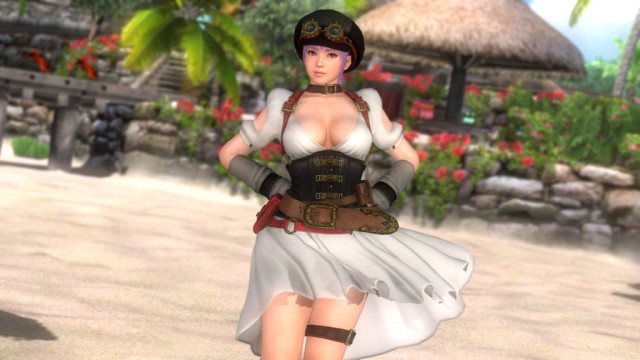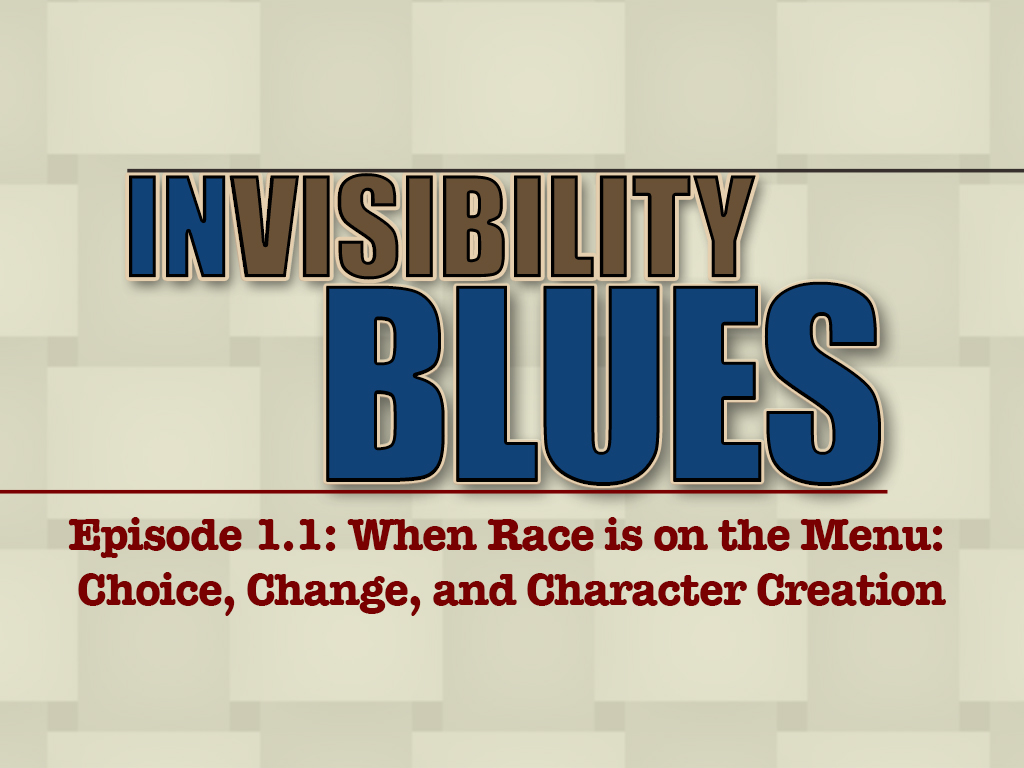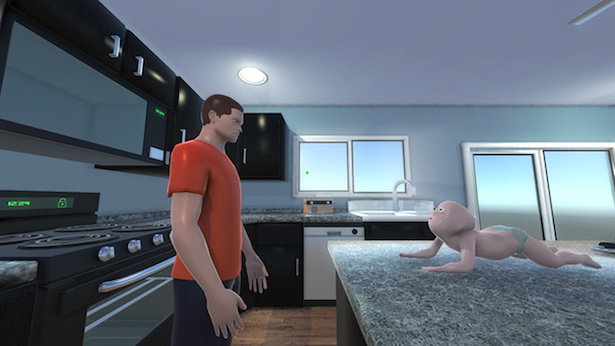The concept of nostalgia is a huge one for Nazis these days. They seem to all want to make America great “again” as if it has ever been so great for those of us spend our days fighting oppression of one sort or another (racism, sexism, homophobia, transphobia) or just plain old struggling to survive.
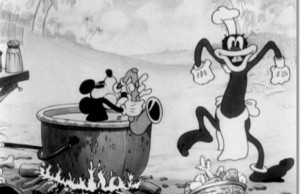 As I prepared to go to E3 earlier this month people who know my love of indie games (but apparently not my history with race and animation) asked me if I was excited to get my hands on Cuphead. Long story short? I was not and still am not. I respect other folks’ attraction to the art style and the fact that for them it brings up nostalgic feelings of a time when America was “great,” but for some of us it brings up yet more racist images of bulbous lips, bones in noses, and black face…so yes, I am still going to take a pass.
As I prepared to go to E3 earlier this month people who know my love of indie games (but apparently not my history with race and animation) asked me if I was excited to get my hands on Cuphead. Long story short? I was not and still am not. I respect other folks’ attraction to the art style and the fact that for them it brings up nostalgic feelings of a time when America was “great,” but for some of us it brings up yet more racist images of bulbous lips, bones in noses, and black face…so yes, I am still going to take a pass.
It is Cuphead‘s same kind of racial and historical tone deafness that we witnessed when “comedian” Bill Maher responded to a white Republican senator’s (Ben Sasse) offer to come work with him in the fields of Nebraska with an all too comfortable and flippant rebuttal of “Senator, I’m a house nigger!” This is a comment that not only utilized a racial epithet that has been used by whites to dehumanize and demonstrate their hatred of African Americans, but also seemed to be completely ignorant of the fact that while they may not have worked in the fields, house slaves were still slaves and as such were still subjected to the same inhumane treatment and abuse as their field working counterparts, in some cases even moreso because of their close physical proximity to the master and mistress of the house. Maher’s “day late and a dollar short” apology and his almost nonchalant reaction to being chastised by rapper Ice Cube (who appeared on Maher’s show appropriately clad in his N.W.A. all black attire) only further demonstrated, to me, that apologetic was something that he was not.
It is this kind of tone deafness that we also saw at E3 itself (to actually bring it back to the subject of video games) when Microsoft premiered the trailer for an indie game by a developer* who has been vocal on social media about his anti-feminist views and promised that those same sentiments would be front and center in his game (this was of course followed up with another “sorry I got caught” apology at E3 this year). Having this game onstage at their E3 briefing was a bad look for Microsoft who has been pushing their Gaming for Everyone initiative as of late. One would hope that this presence was something that simply slipped through the cracks. This is not to say that publishers and platforms are responsible for the politics of developers, but when one person’s abhorrent politics are so antithetical to what you proclaim, an ethics of care should come into play.
 In the same vein of history, nostalgia, ethics, and play we have seen a strong push from two AAA games in the last month that seem to want to offer the same kind of cultural critique that we have seen from Hangar 13/2K Games with Mafia III. Ubisoft and Bethesda have shown us Far Cry 5 and Wolfenstein II: The New Colossus which will offer us the opportunity to fight anti-government, white supremacist militia members in Montana and German Nazis living in America on an alternate timeline. In these games we see nostalgia being used in a different manner. A more critical manner. Ubisoft turns to the American pastoral to show how it can be decimated by the atrocities of religious extremism. Churches become houses of worship for cult leader gods, “justice” is quickly carried out with baseball bats in the street, and iron cross-like symbols adorn everything from vehicles and clothing to weapons and this new “country’s” flag.
In the same vein of history, nostalgia, ethics, and play we have seen a strong push from two AAA games in the last month that seem to want to offer the same kind of cultural critique that we have seen from Hangar 13/2K Games with Mafia III. Ubisoft and Bethesda have shown us Far Cry 5 and Wolfenstein II: The New Colossus which will offer us the opportunity to fight anti-government, white supremacist militia members in Montana and German Nazis living in America on an alternate timeline. In these games we see nostalgia being used in a different manner. A more critical manner. Ubisoft turns to the American pastoral to show how it can be decimated by the atrocities of religious extremism. Churches become houses of worship for cult leader gods, “justice” is quickly carried out with baseball bats in the street, and iron cross-like symbols adorn everything from vehicles and clothing to weapons and this new “country’s” flag.
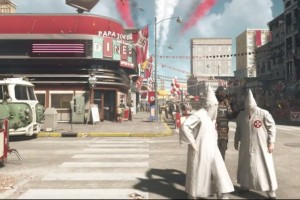 Bethesda turns to a revisionist version of history to bring us an America that has been overrun with Nazis and one where Klansmen freely walk the streets in their hoods and robes, German is the language of the land, and citizens are required to present their identification papers on demand. In this America, Ubisoft also gives us the opportunity to band together with other revolutionaries to fight for the freedom of the country and for the future of our character’s “unborn children”. This game asks us to believe that America is willing to band together to fight an enemy that is diametrically opposed to its own belief system.
Bethesda turns to a revisionist version of history to bring us an America that has been overrun with Nazis and one where Klansmen freely walk the streets in their hoods and robes, German is the language of the land, and citizens are required to present their identification papers on demand. In this America, Ubisoft also gives us the opportunity to band together with other revolutionaries to fight for the freedom of the country and for the future of our character’s “unborn children”. This game asks us to believe that America is willing to band together to fight an enemy that is diametrically opposed to its own belief system.
Just as the word Nazi has come to be metonymic for all flavors of white supremacists, the word nostalgia (and one might argue the phrase “make America great again”) has come to stand for a country ruled by the white, heteronormative patriarchy. Finding games that might allow us to explore the intricacies of these concepts through games. Games that might feel almost prophetic in their focus on the rise of generic Nazi activity in America with a design cycle that would have started prior to the current election cycle.
*More information about the game and the developer can be found in the new article linked, but I have chosen not to drive more traffic to his game site or Twitter page.

